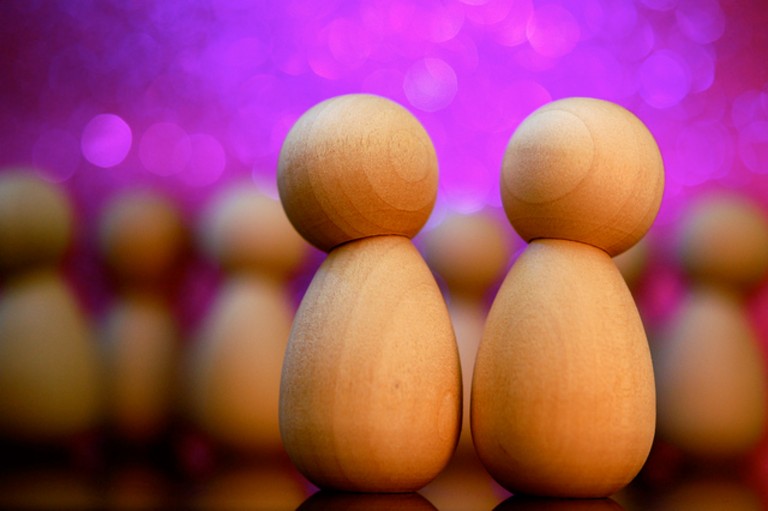I have worked extensively in the community as a sexual health educator for well over a decade. I have remained passionate about the work I do and think it is essential for people’s health and well-being, and yet it is consistently under-valued. I see great value in the work I do, and go home almost every day knowing I made a positive difference in someone’s life.
It doesn’t stop there, though. I also work part-time in the field of addictions and see great value in this work. I also think this work is essential and under-valued.
I find many similarities between the fields of sexual health and addictions. The judgements people make, the stigma surrounding certain people, certain acts and the silence society continues to reinforce.
I often wonder if this is the reason the work is undervalued. People often under-value things they do not understand or are uncomfortable with, and it is my experience that sex and addictions are misunderstood and make many people feel uncomfortable.
We all have our own ideas about sex – what it is, who does it, who doesn’t do it, who should do it, who shouldn’t, how we should do it, where we should do it, why we should do it — the list goes on and on. We all also have our own ideas about relationships. Who should be in a relationship, who should not be in a relationship, what constitutes a relationship — again the list goes on and on. With these ideas we also make judgements, often thinking that our way is the best way, possibly not accepting the choices of others.
Our ideas are formed by society, the media, our culture, our religion, our family, our friends. This is true of sex and relationships, and I think it is also true of addiction. We form ideas about what addictions are, who has them, who doesn’t, why people have them. Our judgements create stigma and stigma is not helpful. Stigma isolates people, prevents people from finding support and prevents people from communicating.
This lack of communication creates silence which can lead to hiding who we are and the struggles we may have. When judgement and stigma lead to our silence, or the silence of others, we all suffer. How can we support one another, learn from one another, accept one another, without understanding and communication?
There are many ways to be in this world, and a diverse world is an interesting world, a world which holds great possibility for sharing, learning, embracing and celebrating. Who are we to judge others? No one is perfect. No one is mistake-free. We all walk in our own shoes and view the world through our own senses. Our experiences will always be our own and although they may be similar to other people’s, they will never be identical.
I will continue to do the important work that I do, keeping my biases in mind, respecting the people I work with and creating a space to have conversations about both sex and addictions in able to increase understanding and comfort.
Stacey Jacobs is a sexual health educator for SHORE Centre.

